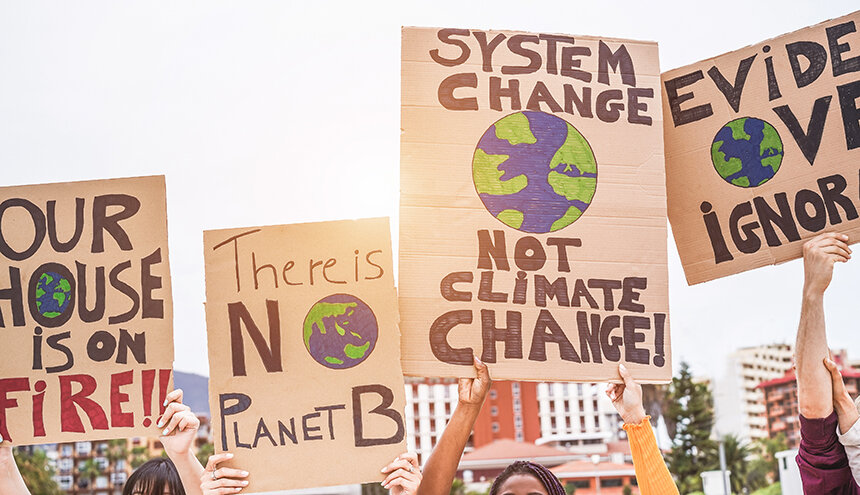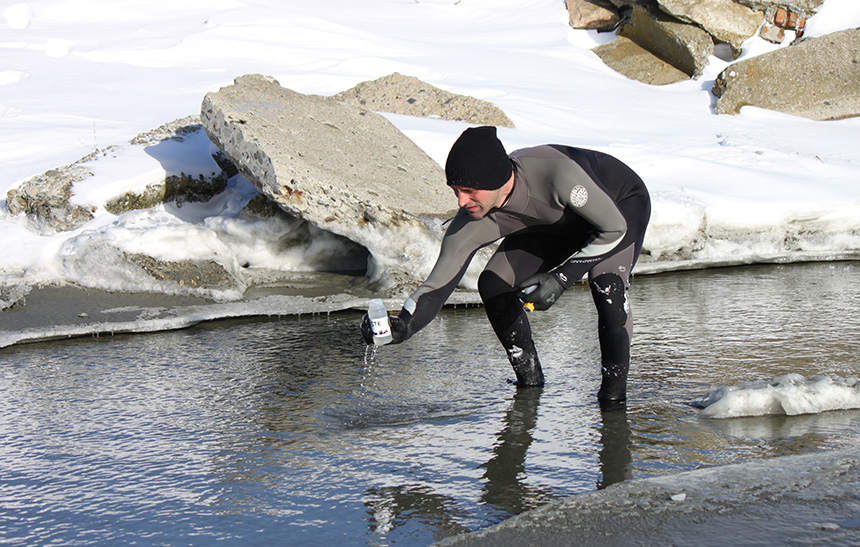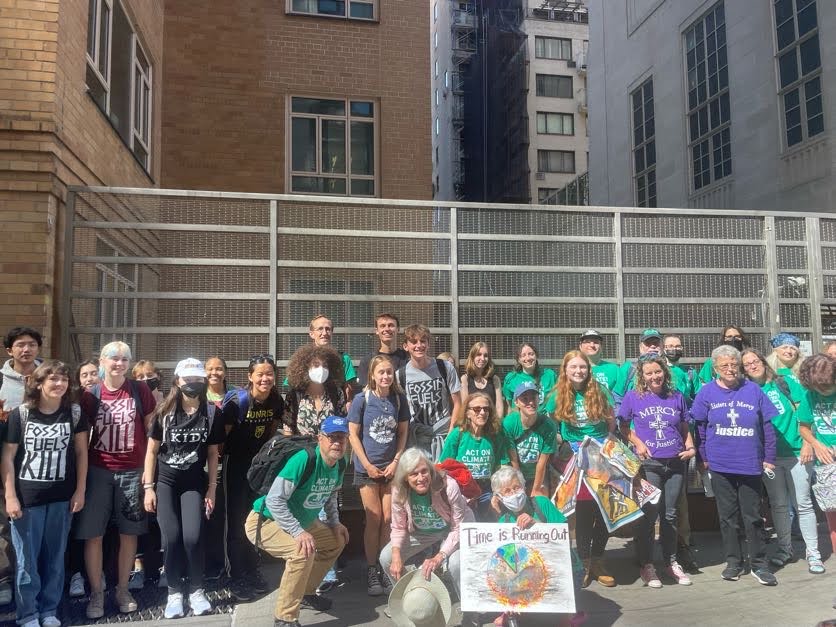Proposed Legislation Would Create Environmental Justice Zones in R.I.
April 3, 2023
PROVIDENCE — Lawmakers are considering bills to protect communities from becoming dumping grounds for polluting businesses.
The Environmental Justice Act (S0770/H6196) would designate any neighborhood that meets one of four key criteria as an environmental justice zone, allowing state regulators to consider the combined environmental and public health impact of already existing polluting facilities and bolster the public comment process.
Eligible neighborhoods would have to meet one of the following criteria:
Have an annual median income not above 65% of the state average median income.
Have a minority population 40% or greater of the local population.
Have 25% or more households that lack English language proficiency.
Have a minority population of 25% and the municipality the proposed area resides in must not exceed 150% of the statewide median income.
S770’s sponsor, Sen. Dawn Euer, D-Newport, told members of the Senate Environment and Agriculture Committee the legislation would empower state agencies to consider public health decisions during the permitting process.
“The bill is trying to prevent what’s happening in some communities from becoming toxic dumping grounds and not having much of a say in it,” Euer said.
The legislation includes a number of industries by name, including waste incineration, landfills, gasification, scrap metal, auto salvage, and asphalt plants, among others.
Residents of the South Providence and Washington Park neighborhoods have long dealt with myriad environmental and health problems from the confluence of Interstate 95 and the Port of Providence, including higher rates of asthma and cancer. In the city’s 02905 area code, the Environmental Protection Agency’s Toxic Release Inventory lists a dozen polluters, a far bigger number than any other zip code in Providence County.
And polluters tend to compound. New polluting projects cluster in areas like the Port of Providence because communities rarely have the political heft to reject them and because similar projects have already made areas like the Port of Providence their home for decades.
But it wouldn’t just be limited to Providence. Woonsocket, another ripe candidate for inclusion as an environmental justice area, hosts a sludge incinerator owned by the city that burns waste from dozens of municipalities around the region. The city and its two private contractor-operators are currently being sued by the state attorney general and the state Department of Environmental Management for numerous permit violations, including three partially treated sewage discharges into the Blackstone River in the past 12 months.
The way the law currently works, state regulators such as DEM, the Coastal Resources Management Council, and the Energy Facility Siting Board are required to only weigh each permit in its jurisdiction on its own merit. Any permitting decision that weighs a proposal against already existing projects in the area, and rejects it, would likely be overturned by the courts.
“At no point is DEM able to … say, ‘We have all these facilities, let’s ask what the cumulative impacts are of all these facilities,’” said Jed Thorp, state director of Clean Water Action.
Other permitting requirements in environmental justice areas include an environmental impact assessment of any proposed project, including a section on the public health impact to the area. Any applicant would also be required to organize and conduct a public hearing.
Danielle Waterfield, a representative from a scrap and industrial recycling trade group, told the Senate committee the bill unfairly targets the recycling industry.
“The bill offers no reason to why recycling is deemed to be a negative with the other industries listed,” Waterfield said. “And there’s no guarantee that these industries will be properly, equally treated.”
Waterfield told legislators that regulators needed to be able to verify community comments, and include a broader cumulative impact analysis that included economic benefits and jobs the facilities offer in the host community.
Supporters of the legislation noted state agencies would require more resources to implement the act if passed.
“CRMC in particular is bare-bones and overtaxed,” said Topher Hamblett, director of advocacy for Save The Bay. “And neither agency has public health expertise embedded in them.”
Both bills were held for further study.




Living within a ‘host community’, for over 40 years, I can honestly say that the negative health impacts, outweigh any ‘supposed’ benefits of having endless scrap piles of rusty dust, and heavy fumes of asphalt drifting into the neighborhood….
If the scrap industry, ( and others) feels that they are being treated unfairly, try living here.
This legislation is long overdue these residents have suffered for to long without recourse. They deserve a say in what goes into their neighborhoods. This puts residents on an equal footing with large well financed polluters